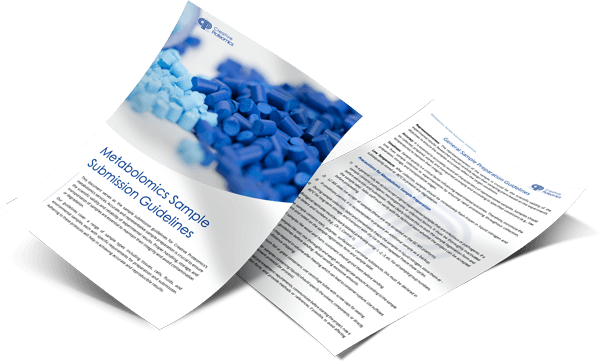Arachidonic acid (AA) is a widely distributed polyunsaturated fatty acid once liberated from phospholipids by phospholipases. AA can undergo either monooxygenation or epoxidation by enzymes in the cytochrome P450 (CYP450) family. CYP-AA metabolites include 19- and 20-hydroxyeicosatetraenoic acids (HETEs), epoxyeicosatrienoic acids (EETs) and diHETEs. These metabolites have different biological functions based on sites of production- the endothelium of vessels in many organs, the lung, the tubular and corneal epithelium, the liver. The likely targets are either enzymes (Na+-K+-ATPase) or ion channels (calcium activated potassium channels). The involvement of conventional receptor physiology in the tissue responses to CYP-AA products remains an open question. Several isoforms of CYP families that metabolize AA have been identified and cloned.

Recombinant CYP4A1, 4A2 and 4A3 enzymes, and possibly 4A8, have been reported to produce 20-HETE when incubated with AA. CYP4A2 and 4A3 mRNA have been shown in small arterioles of the rat kidney cat brain, skeletal muscle, and liver. Human liver and kidney express mRNA for the CYP4A11 and CYP4F2 isoforms; however, CYP4F2 now appears to be the isoform primarily responsible for the formation of 20-HETE in the human kidney, rat glomeruli, proximal tubule and thick ascending limb of the loop of Henle (TALH) of rats, and in both the airways and vasculature of the lungs of rabbits. Microsomes prepared from all these tissues produce 20-HETE when incubated with AA in the presence of adequate oxygen tension (PO2 > 6650 Pa) and reduced nicotinamide adenine dinucleotide phosphate (NADP).
The CYP2C family is involved in the production of EETs. Specific examples of this family include a CYP2C11 enzyme present in astrocytes in the brain, CYP2C8 and 2C9 in human liver and endothelial cells, 2C2 in rabbit kidney, CYP2C29, 2C38 and 2C39 in the liver, kidney and brain of mice and CYP2C23 in the kidney of rats. Also CYP1A, 2B and 2J catalyze the formation of EETs in various tissues. The formation in various tissues is highly dependent on experimental conditions.
CYP-AA metabolites, 19- and 20-hydroxyeicosatetraenoic acids (HETEs), epoxyeicosatrienoic acids (EETs) and diHETEs have different biological properties based on sites of production and can be stored in various tissue lipids and released in response to hormonal stimuli. 20-HETE is a vasoconstrictor, causing blockade of Ca++-activated K+ (KCa) channels. EETs, produced by the vascular endothelium, are potent dilators. EETs hyperpolarize VSM cells by activating KCa channels. Several investigators have proposed that one or more EETs may serve as endothelial-derived hyperpolarizing factors (EDHF).
Currently, a reliable and reproducible method using highly sensitive LC-MS/MS platform for the identification and quantification of diverse CYP450 metabolites in different sample types has been established by the scientists at Creative Proteomics, which can satisfy the needs of academic and industrial study in your lab.
Platform
- LC-MS/MS
Summary
Identification and quantification ofCYP450 metabolites (eicosanoids) by mixed organic solvent extractionin plasma or tissue. CYP450 metabolites are extracted and concentrated using solid phase extraction. The eluant is dried and re-suspended for LC-MS separation and measured using MRM methods.
Sample Requirement
- Normal Volume: 200 uL plasma, 20 mg tissue, 1e7 cells
- Minimal Volume: 50uL, 5 mg tissue, 6 e6 cells
Report
- A full report including all raw data, MS/MS instrument parameters and step-by-step calculations will be provided (Excel and PDF formats).
- Analytes are reported as uM or ug/mg (tissue), and CV's are generally<10%.
| Representative CYP450 metabolites that can be measured by targeted LC-MS/MS | ||
|---|---|---|
| 20-HETE | 5,6-EET | 8,9-EET |
| 11,12-EET | 14,15-EET | |
Ordering Procedure:

*If your organization requires signing of a confidentiality agreement, please contact us by email.
Staffed by experienced biological scientists, Creative Proteomics can provide a wide range of services ranging from the sample preparation to the lipid extraction, characterization, identification and quantification. We promise accurate and reliable analysis, in shorter duration of time! You are welcome to discuss your project with us.







